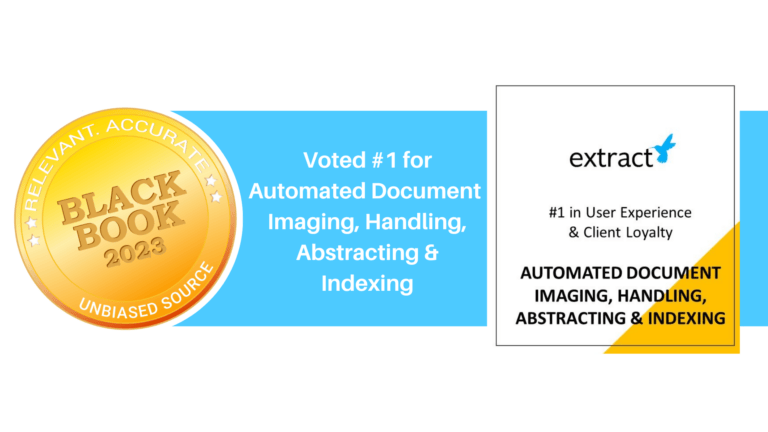
MEDITECH Announces Traverse Exchange in U.S. for Interoperability
On the heels of Epic’s announcement that they are pushing all of their users to adopt the Trusted Exchange Framework and Common Agreement (TEFCA), MEDITECH has introduced their own new interoperability project, Traverse Exchange.
Traverse Exchange was originally created as Traverse Exchange Canada, establishing a successful infrastructure before bringing the exchange to the United States. This is a private network, that will facilitate data exchanges for participating MEDITECH members but allows data to be shared with facilities using other EHRs and HIEs that meet Traverse’s interoperability standards.
The announcement also mentions that it will position MEDITECH users well for TEFCA, as this network has connectivity to Health Gorilla’s Qualified Health Information Network (QHIN). This allows users to cast a significantly wider net in retrieving data, allowing them to connect with networks outside of MEDITECH like public health agencies, data sharing networks like Carequality, and other QHINs.
In an industry that all too often mails, faxes, emails, and couriers patient documentation to either be manually abstracted or left for clinicians to parse, access to Traverse Exchange will allow clinicians to see the data they’re looking for in one spot, gathered from across various organizations. The exchange has tools to help curate and compile data so organizations or departments can see the view of a patient that best fits their needs.
MEDITECH touts that Traverse Exchange is FHIR-based, enabling real-time retrieval of data. This means that any data included in the government’s standard core USCDI requirements can be accessed instantly. At the same time, the exchange isn’t limited by this minimum set of fields and can be extended to retrieve information from non-standard documents. Traverse Exchange promises to be a secure solution as it is a tool for querying and moving data but does not store any patient data.
This is a win-win on the patient side as having an extensive medical history can lead to incomplete or scattered records and result in duplicate tests or improper diagnoses. Patients will be relieved of some responsibilities for keeping track of their own data while clinicians use a secure system to access it rather than faxing, emailing, or carrying physical papers to an office.
It’s an exciting time as more hospitals and healthcare vendors support standards for interoperability and are able to quickly send and receive data. MEDITECH’s decision to support use cases outside of the currently accepted standard dataset should also be helpful in getting some of the notoriously difficult information that lives on a lab result form that only one local lab uses.
Of course, regardless of the capability, it’s still impractical (not to mention expensive) to create an interface with every outside organization that has information about your current or future patients. Exchanges like Traverse Exchange and interfaces with those sending the most volume are going to be the best way to access the most data with the fewest interfaces, but for all the one-offs, out of towners, and unique document layouts, there’s Extract.
Extract’s automated software acts as an interface for all of your non-standard and unstructured documents. We identify the type of document you’ve received, index it to a patient/order/encounter, and extract the exact discrete data fields your organization needs from the document, compatible with your data. We integrate with MEDITECH, Cerner, Epic, Onbase, or any other downstream system you use. Please reach out if you’re interested in seeing how Extract can help guide you through the last mile of interoperability.


